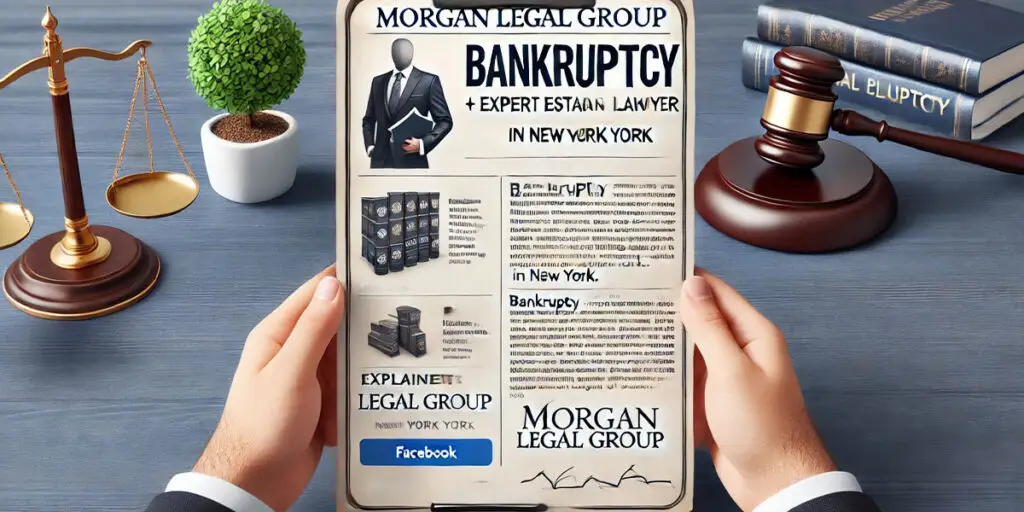An individual makes a bequest plan with the aim of passing along specific resources after their demise to specific beneficiaries such as their spouse, children, grandchildren, friends, relatives, charity organizations. In doing as such, many individuals decide to designate an agent to deal with the course of this circulation of bequest to the respective recipients for them or at the point when a home arrangement is made, there is always a need to select an agent. This is an individual who deals with the obligations that accompany directing the bequest to its legitimate recipients. The work of an agent incorporates different obligations to guarantee the bequest is dealt with the way the perished expected it to be. There are different errands that should be finished before their task is finished.
Out of the multitude of obligations they have during this time, circumstances might emerge that lead the agent to contemplate whether they are permitted to declare financial insolvency in the interest of the decendent, that is the agent checking for the possibility for him or her to petition for financial protection for the deceased. To find out additional, keep perusing beneath and talk with our accomplished New York bequest organizing lawyer.
Can an Executor File for Bankruptcy?
At the point when an individual bites the dust, their property has a place with their bequest. A bequest or an inheritance is a monetary term portraying the demonstration of giving resources like stocks, bonds, gems, and money, to people or associations, through the arrangements of a will or a bequest plan. Endowments can be made to relatives, companions, foundations, or noble cause. This incorporates individual property, genuine property, substantial resources, elusive resources, and obligations.
Resources are typically ready to be circulated or distributed to recipients of the bequest whom the bequest is assigned. In any case, there are now and again cases in which this can change, that is, there are at situations where this might become muddled. For example, if the decendent left behind huge obligation. At the point when this occurs, friends and family might contemplate whether it is feasible to declare financial insolvency to keep them from losing the resources they should acquire.
Insolvency Code 11 U.S.C. Segment 109 states that just a “person” can document a Chapter 13 Bankruptcy case. This implies that a bequest isn’t qualified to document, hence an agent of the home can’t do as such. At the point when a bequest is made, banks can record claims with the court concerning what they are owed. In the event that the resources surpass the sum owed, recipients can acquire what is extra as it applies to the decendent’s desires. Notwithstanding, if the obligations surpass the resources, the resources can be exchanged to take care of the obligation. At the point when this occurs, the excess obligation would then be able to be discounted and recipients won’t have anything to acquire, making it superfluous to petition for financial protection.
While this is valid, a recipient can save a specific piece of property on the off chance that they wish to do as such. In case they were intended to acquire a property and it is liable to home loan and abandonment, they might have the option to declare financial insolvency to stop the dispossession deal. Note that this must be done as long as the individual would have in any case been qualified to record their own Chapter 13.
FAQS:
1. Who is an executor?
This is an individual who deals with the obligations that accompany directing the bequest to its legitimate recipients
2. What is a bequest?
An bequest or inheritance is a monetary term portraying the demonstration of giving resources like stocks, bonds, gems, and money, to people or associations, through the arrangements of a will or a domain plan. Endowments can be made to relatives, companions, foundations, or noble cause.
3. What is bankruptcy? Insolvency is a lawful interaction through which individuals or different elements who can’t reimburse obligations to banks might look for help from a few or the entirety of their obligations. In many locales, insolvency is forced by a court request, frequently started by the account holder.









